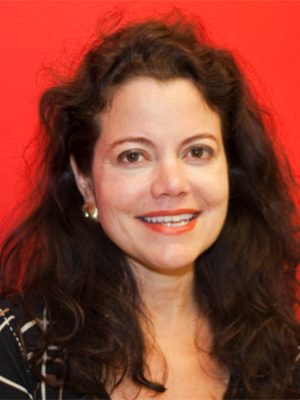
Ana Ramos-Zayas
“I learned to teach from teaching in very poor high schools, and because of that I’m very aware that students aren’t just students,” said Ana Ramos-Zayas, professor in the Departments of American Studies, Ethnicity, Race & Migration, and Women’s, Gender & Sexuality Studies. “Every person brings their own world into the classroom. I try to find ways for my classes to profit off of that.” When asked why she teaches, Ramos-Zayas added, “I’m one of the few people who loves what they do. I can’t imagine doing anything else.”
For Ramos-Zayas, teaching at Yale is a homecoming of sorts; she received her B.A. from Yale before going on to teach at Rutgers University-New Brunswick and the City University of New York. Recently, her studies have turned towards Ipanema, Brazil, and El Condado, and Puerto Rico, where she is working through the question of “how whiteness is produced in Latin America,” she said. Her research has always focused on inequality, she notes, and for her, it is necessary to understand the lives and cultures of the wealthy as much as it is essential to understand the worlds of the poor and those others on the margins. This fall she teaches the seminars “Privilege in the Americas” and “Latinx Ethnography.”
“Privilege in the Americas” tasks the class with the question: “Can inequality be dismantled?” In the first half of the course, Ramos-Zayas will have students try to understand what studying “up,” and examining elites and power means. In the second half, she will work with the class to answer the question: “What can we do collectively and respectively in our journeys in life to reduce inequality?” “Latinx Ethnography” is going to be both analytical and hands-on. Ramos-Zayas will excavate past studies and representations of Latinx populations, which she says have mostly been presented as “affectively flat.” Students will then complete final projects with different methodologies and media, “I really care that students’ interests are represented in the final product, so there will be flexibility to choose final topics,” said Ramos-Zayas.
Read more at YDN